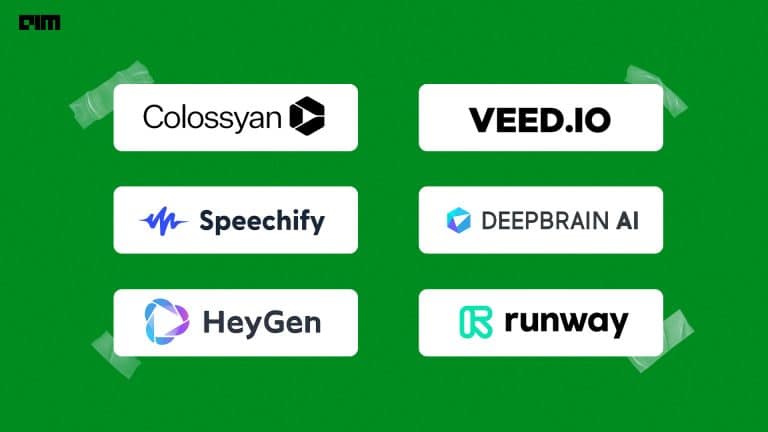Washington-headquartered nuclear fusion research company Helion Energy had momentum from day one. Before starting Helion in 2013, CEO and co-founder David Kirtley used to work with fusion programs in the U.S. Department of Energy. By the end of last year, Helion had received funding from the Department of Energy and NASA and counted Facebook co-founder Dustin Moskovitz, OpenAI CEO Sam Altman and Peter Thiel-backed Mithril Capital as investors. In November last year, Helion raised another USD 500 million in funds.
Ambitious goals
The funding, Helion said, will be used to construct its seventh-generation fusion generator, Polaris, the company’s newest prototype. Helion’s end goal is to produce electricity through nuclear fusion. And according to Helion, Polaris will be the world’s first fusion electricity demonstration facility. In June of last year, Helion demonstrated results that showed it was the first private company to heat a fusion plasma to more than 100 million degrees celsius. When fusion occurs near the sun’s core, the temperature is normally around 15 million degrees celsius. To cause nuclear fusion on earth, the temperature has to ideally be around 100 million degrees celsius.
Source: Helion
While nuclear fusion has never been proven to be a viable source of energy, Helion is a part of a wave of startups that believe they are getting closer to producing actual results. The company has said it is currently building a prototype reactor called Trenta, which completed a continuous testing run for more than a year. Helion has promised to demonstrate the production of net electricity from fusion by 2024 and claims it will be able to sell electricity commercially within the next decade.
Post the funding round, Sam Altman spoke about Helion enthusiastically in his blog. “Helion has a clear path to net electricity by 2024 and has a long-term goal of delivering electricity for 1 cent per kilowatt-hour,” he noted. The former Y-Combinator president discussed how Helion could create a path that might lead us out of the climate crisis. Altman underlined the importance of accessing cheaper energy and that it could reduce overall costs and make drastic changes to people’s lives.
Nuclear wave
Nuclear fusion is the process when hydrogen atoms are fused together with helium. Fusion is what powers the sun and stars. Unlike nuclear fission, which produces energy from breaking atoms, fusion does not generate radioactive waste. Nuclear fusion reactions can be controlled by humans and turned off and on instantly. If tapped into successfully, fusion can produce energy 24 hours a day, unlike solar power. The promising outcomes of nuclear fusion have not gone unnoticed by investors and the tech industry.
According to research company Pitchbook, just last year, venture investors spent USD 3.4 billion on nuclear start-ups – a record and more than every year over the last decade combined together. Helion isn’t the only benefactor of this trend. Commonwealth Fusion Systems also raised USD 1.8 billion last year. Last year, the number of deals closed in the sector jumped to 28 as compared to an average of fewer than ten deals for the past decade.
Besides growing concerns around climate change, the recent energy crisis in Europe turned the focus towards nuclear even more.
The interest in startups like Helion is pushing towards commercialisation faster than was initially anticipated. Vancouver-based General Fusion announced earlier this month that it had formed a Market Development Advisory Committee (MDAC) to engage with prospective clients. General Fusion is backed by Jeff Bezos, among others.
Scientific advancement
As it happens, finance is fuelling science. In a moment of marked progress, in February, DeepMind trained an AI using a reinforcement learning algorithm to control the hot, burning plasma inside a tokamak nuclear fusion reactor. Controlling the confined plasma is to control the nuclear fusion reaction. Up until now, scientists used powerful magnetic coils to control the plasma, which is hotter than the surface of the sun. The Alphabet-backed research company taught a deep reinforcement learning system to control the magnetic coils autonomously.
Attempts have been made previously by AI to control nuclear fusion in the past as well. Google has been working with TAE Technologies since 2014 to employ machine learning in fusion reactors. This resulted in a quicker analysis of experimental data. The UK’s Joint European Project used deep learning models to predict the disruptions in the plasma.



















































































